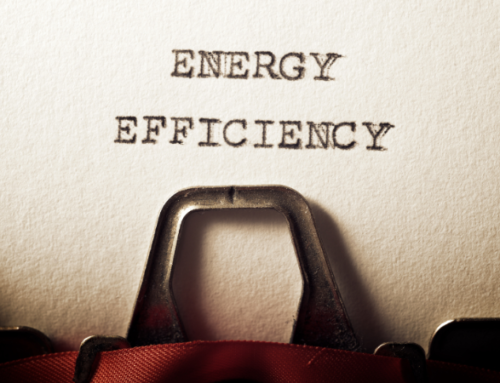There are several key differences between business energy, or commercial energy, and residential energy rates, billing, and retail energy supplier contract terms. This article aims to outline the key factors that differentiate commercial electricity rates from residential rates, and how to utilize this information to take advantage of energy deregulation in your state.
What Is Business Energy
Business energy rates, otherwise known as commercial rates, are classified as the energy needed to power a commercial facility, factory, or municipal building. In most utilities throughout the United States, commercial electricity bills have their own tariff schedules and are billed quite differently than residential accounts. Since businesses consume lots of electricity, and often in very different ways, there are certain measures put in place by electricity companies to properly account for commercial electricity consumption. In summary, business energy is extremely important for the well-being and operation of the economy. Without a reliable source of energy, businesses and industrial facilities would not be able to operate or produce goods and services.
What Is Residential Energy
Residential energy, on the other hand, is the electricity needed to power homes throughout the United States. Residential electric rates differ from commercial power prices, and are often simpler to understand. Residential energy supply is vital for a well-functioning community as energy heats homes, provides air conditioning, and is essential for modern life.
Is Business Energy Cheaper Than Residential?
In most cases, industrial energy and commercial energy prices are less expensive than residential rates. Since businesses typically consume much more electricity than homes, energy suppliers tend to offer them lower electricity rates. Furthermore, commercial energy markets are much more competitive, so energy suppliers must be willing to make less profit margin when selling electricity to commercial customers.
The Differences Between Business And Residential Rates
Business energy rates, otherwise known as commercial rates, are quite different from their residential counterparts. Although all electricity comes from the same electrical grid and energy suppliers, commercial power prices can vary substantially due to the way the energy is being consumed by the business. Here are some of the key differences between commercial and domestic electricity.
Demand Charges
Most commercial electricity bills are complex to understand. Since commercial businesses consume electricity at a very rapid rate, electricity utilities and suppliers have enacted certain billing measures to protect themselves from high electricity consumption. One of the key parts in the anatomy of a commercial electric bill is the demand charge. Unlike a residential electricity bill that simply has a rate per kilowatt hour ($/kWh), commercial customers pay fees for the total amount of electricity they demand in any given period. Demand charges are also known as distribution fees, and are billed in dollars per kW ($/kW). And, understanding the differences between kW and kWh is critical to comprehending these charges.
Contract Language
Whether you are negotiating energy supply contracts for your business yourself or you’ve hired an energy broker to help you switch energy suppliers, commercial energy contract language is quite different from residential energy agreements. Typically, all commercial energy contracts have early termination fees associated with them in case the customer breaks the contract. Residential contracts do not usually contain these exit fee penalties. Furthermore, some commercial customers may be obligated to contain their energy usage within a certain measure. This contract clause is known as energy bandwidth and is enacted to protect energy suppliers from under or over purchasing too much energy in the wholesale market on behalf of the commercial account.
Energy Brokers
While most residential energy customers sign up for energy plans online, commercial customers usually hire energy brokers to find the lowest rates on their behalf. Because commercial energy is more complex, energy brokers are able to bring sophisticated knowledge of the energy markets and energy consumption to the table. This can help the commercial customer curtail costs and save money in the long run.
Choosing The Right Commercial Energy Plan For Your Needs
If you own or operate a commercial business in a deregulated state, then choosing the right commercial energy plan is essential for your bottom line. Not all businesses consume energy in the same manner, and using an energy broker to match you with the right energy supply plan is critical. Energy brokers will evaluate your historical energy consumption profile to determine the best contract structure for your usage and risk profile. If you operate a 24 hour business and consume lots of power at night during off-peak hours, then you will benefit from a different product compared to a business operating only during the day. Choosing an experienced energy broker can help you better navigate pricing options and commercial energy suppliers so you can choose the plan that best suits you.
Need Help Navigating The Commercial Energy Market?
In summary, commercial energy is more complex and nuanced than the residential markets. It is imperative to understand how commercial consumption ties into electricity pricing and the different ways to negotiate the best deal for your business. At Diversegy, we offer expert advisory services for our commercial and industrial customers so they can reduce energy expenses. Contact us today to explore your options.



